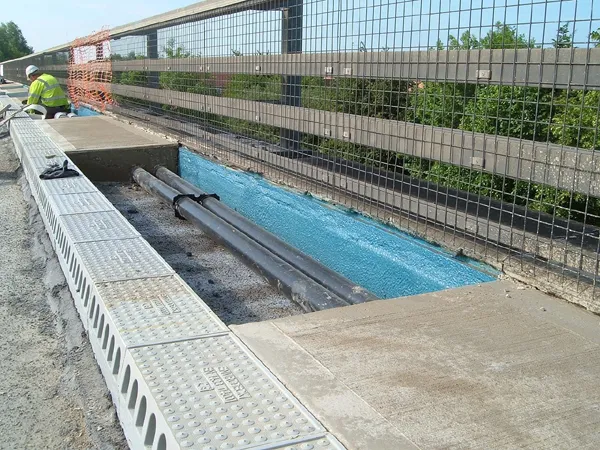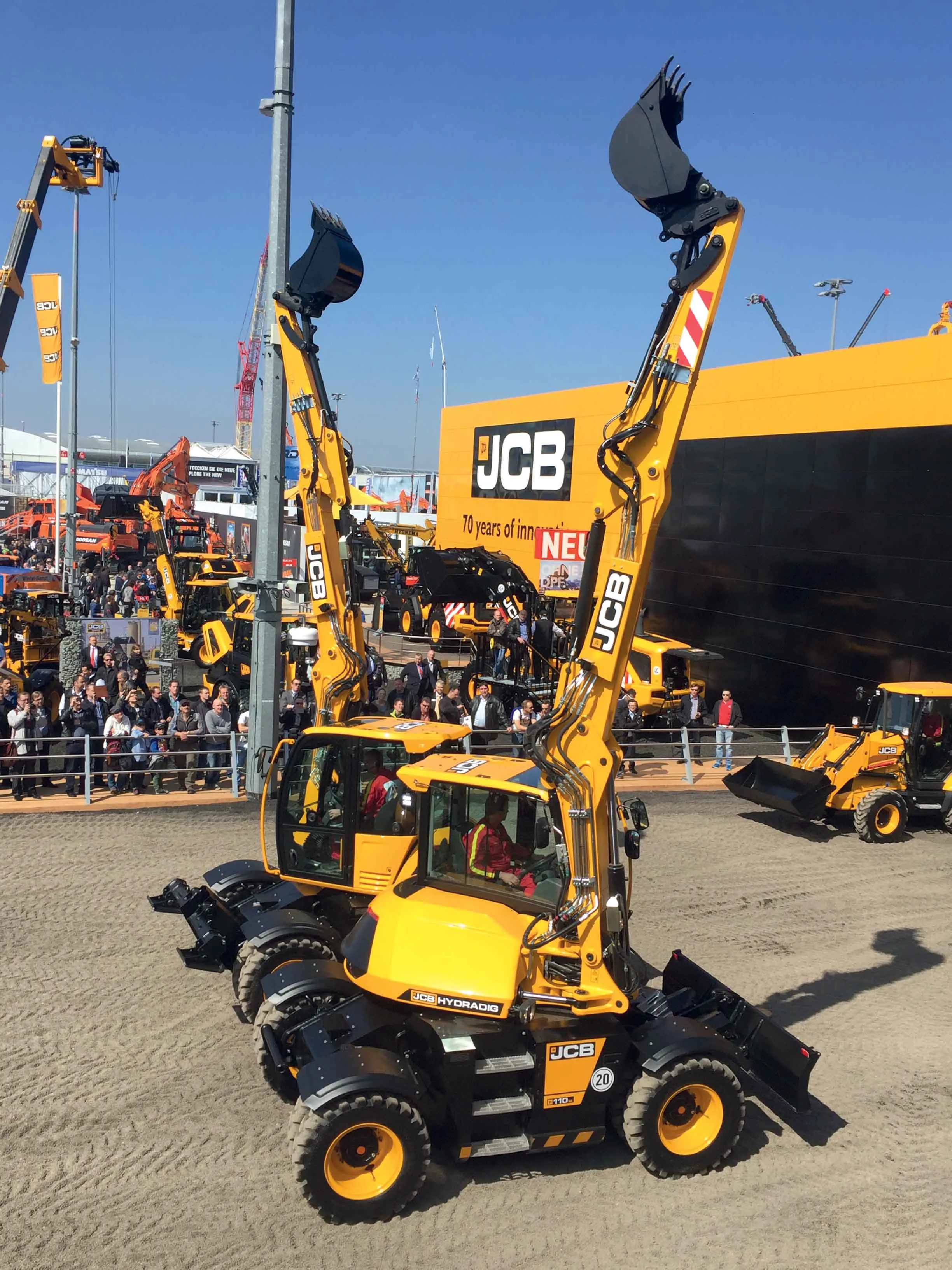A Wirtgen soil stabilisation machine has been treating a 100,000m2 site in Staffordshire for an advanced logistics centre, a project including access roads and parking areas. The WR2500S recycler is being used to prepare the way for the vast Blue Planet complex in Chatterley Valley, Newcastle-under-Lyme. Throughout the preliminary groundworks the Wirtgen machine, purchased by Barton Plant of Kettering, Northamptonshire, has placed between 6-7,000m2/day of lime/cement stabilised earth on the project, for mai
July 23, 2012
Read time: 2 mins
A 2395 Wirtgen soil stabilisation machine has been treating a 100,000m2 site in Staffordshire for an advanced logistics centre, a project including access roads and parking areas. The WR2500S recycler is being used to prepare the way for the vast Blue Planet complex in Chatterley Valley, Newcastle-under-Lyme. Throughout the preliminary groundworks the Wirtgen machine, purchased by Barton Plant of Kettering, Northamptonshire, has placed between 6-7,000m2/day of lime/cement stabilised earth on the project, for main contractor McLaren Construction. The WR2500S was also joined on site by two new Streumaster spreaders, also supplied by Wirtgen.
Barton began the works by stripping off 12,000m3 of topsoil, which was followed by a 25,000m3 cut-to-fill earthworks operation. The Wirtgen has been used to lay a 300mm thick cement/lime treated layer and externally this rises to 400mm thickness, while in the car park areas it is 250mm. These areas are trimmed variously to a sub-base tolerance of +10 to -30mm, or +10 to -20mm.
Barton owns an extensive earthmoving fleet and has invested in the new machines to meet the needs of the fast-growing ground stabilisation sector. With its 500kW rated2796 Mercedes Benz V12 engine, the WR2500S has plenty of power for soil stabilisation as well as for pulverising or cold recycling. All-wheel-drive and hydraulic height adjustable wheels allow the WR2500S to handle difficult terrain while the four-wheel steering system allows an operator to choose between normal, crab-steer, or coordinated steering modes for use in cramped sites.
Barton began the works by stripping off 12,000m3 of topsoil, which was followed by a 25,000m3 cut-to-fill earthworks operation. The Wirtgen has been used to lay a 300mm thick cement/lime treated layer and externally this rises to 400mm thickness, while in the car park areas it is 250mm. These areas are trimmed variously to a sub-base tolerance of +10 to -30mm, or +10 to -20mm.
Barton owns an extensive earthmoving fleet and has invested in the new machines to meet the needs of the fast-growing ground stabilisation sector. With its 500kW rated








